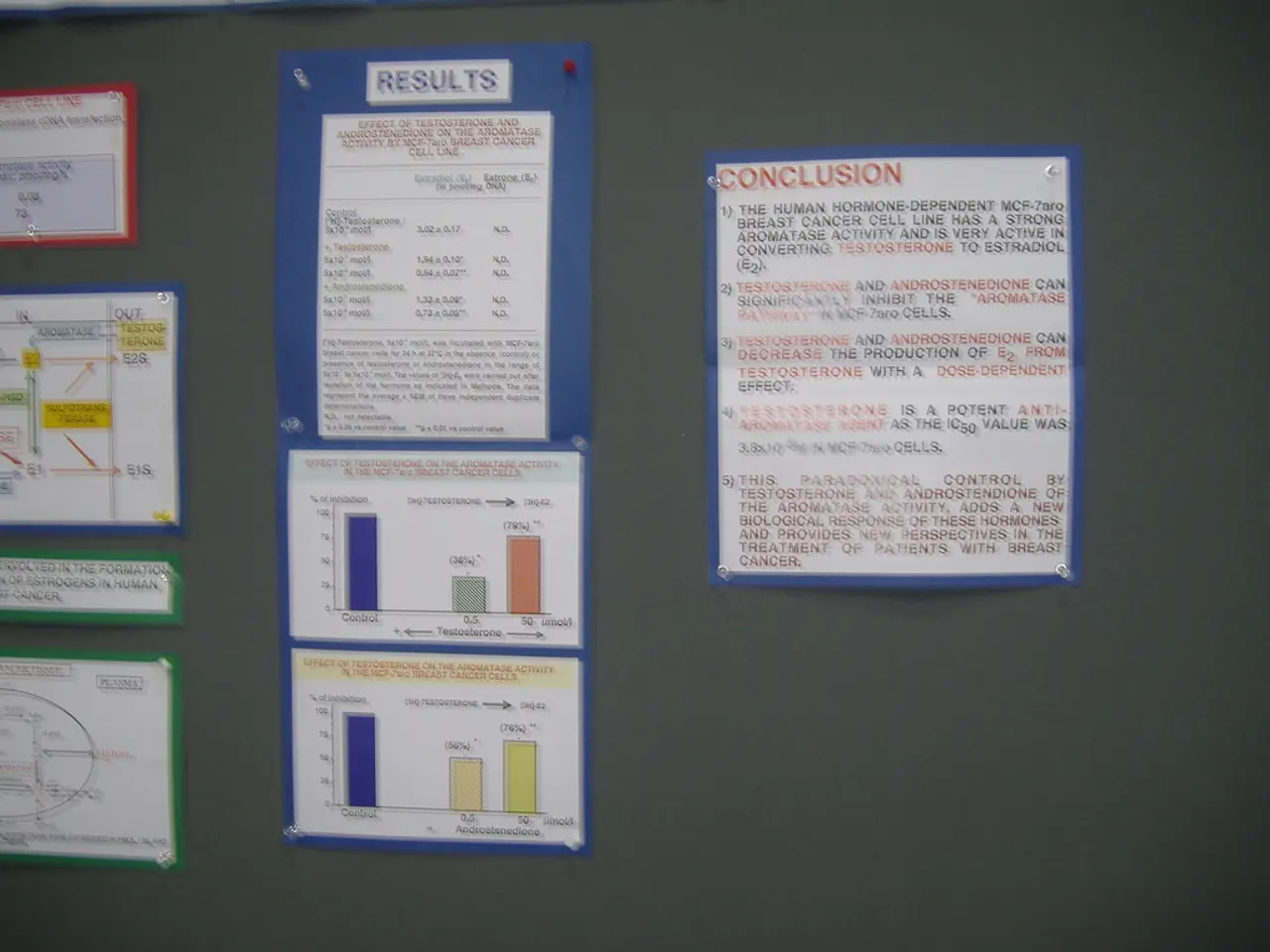World leader calls for increased humanitarian aid in a turbulent world fraught with climate turmoil and unresting conflicts.
The Fourth International Conference on Financing for Development (FfD4) is currently underway from June 30 to July 3, 2025, in Seville, Spain. This UN-organized conference gathers governments, financial institutions, civil society, academics, and other stakeholders to address pressing financing challenges for the Sustainable Development Goals (SDGs), including poverty reduction and combating climate change.
### Current State of Development Aid and Cooperation:
The global financial system is widely recognized as broken, with many low and middle-income countries burdened by unsustainable debt that undermines spending on essential sectors like education, health, infrastructure, and climate resilience. Official development assistance (ODA) faces growing pressures, while financing needs for climate and biodiversity protection have become more complex and urgent.
There is broad recognition of the need for reforming the international financial architecture to unlock greater volumes of capital at lower cost, improve transparency, and enhance cooperation, especially to support developing countries. The conference builds on previous agreements like the Monterrey Consensus, Doha Declaration, Addis Ababa Agenda, and the 2024 Pact for the Future.
### Key Focus Areas at the Conference:
The conference aims to develop an integrated approach that aligns financing for development, climate action, and biodiversity conservation. It also seeks to mobilize private finance for development and climate initiatives by addressing barriers such as lack of data transparency, regulatory hurdles, and risk perception.
Strengthening mechanisms for domestic resource mobilization and improving quality foreign direct investment are also key focus areas. The conference emphasizes an inclusive and transparent international process to give all countries a voice and address historic inequities in access to finance. It encourages multi-stakeholder cooperation with a focus on civil society engagement and business sector involvement.
### Institutional Participation and Contributions:
The Organisation for Economic Co-operation and Development (OECD) is actively engaged, providing data, analysis, and recommendations to support private finance mobilization, tax cooperation, and development finance transparency. Stakeholders aim to establish a coherent financial system that directs resources efficiently to where they are most needed, ultimately supporting a sustainable and equitable future.
### Urgent Call for Change:
The UN Secretary-General urged the international community to "change course" and "repair and rev up the engine of development to accelerate investment" in a world shaken by inequalities, climate chaos, and raging conflicts. Hundreds of demonstrators demanded change in international tax, debt, and aid policies in Seville.
The Fourth International Conference on Financing for Development represents a critical platform for renewing international cooperation and development aid frameworks to better finance poverty alleviation and climate change mitigation efforts through systemic reforms, enhanced private sector mobilization, and inclusive multilateral dialogue. However, the total external debt of least developed countries has more than tripled in 15 years, according to UN data, and more than 800 million people live on less than $3.0 a day, according to the World Bank. International charity Oxfam states that the cuts to development aid are the largest since 1960. The conference aims to reform international finance to help poorer countries reduce their debt burden and achieve progress in health and education.
- The Fourth International Conference on Financing for Development (FfD4) is currently addressing pressing financing challenges for the Sustainable Development Goals (SDGs), including poverty reduction and combating climate change.
- The global financial system is broken, burdening many low and middle-income countries with unsustainable debt, which affects spending on essential sectors like education, health, infrastructure, and climate resilience.
- Official development assistance (ODA) faces growing pressures, and financing needs for climate and biodiversity protection have become more complex and urgent.
- The conference aims to develop an integrated approach that aligns financing for development, climate action, and biodiversity conservation, and seeks to mobilize private finance for development and climate initiatives.
- Strengthening mechanisms for domestic resource mobilization and improving quality foreign direct investment are key focus areas of the conference, with a focus on civil society engagement and business sector involvement.
- The Organisation for Economic Co-operation and Development (OECD) is actively engaged, providing data, analysis, and recommendations to support private finance mobilization, tax cooperation, and development finance transparency at the conference.
- Hundreds of demonstrators demanded change in international tax, debt, and aid policies in Seville, highlighting the urgent call for reform in international finance to help poorer countries reduce their debt burden and achieve progress in health and education.




